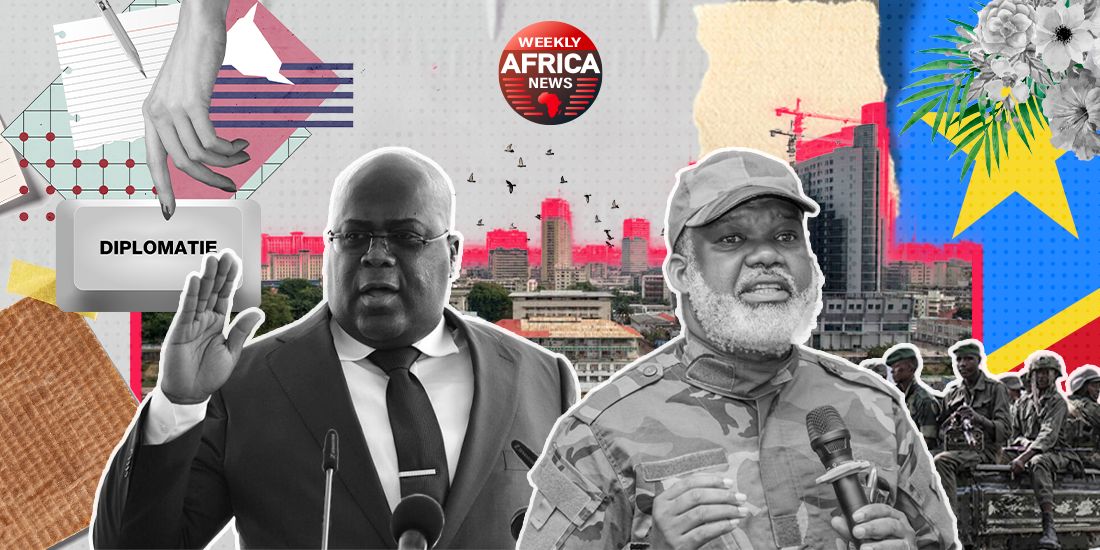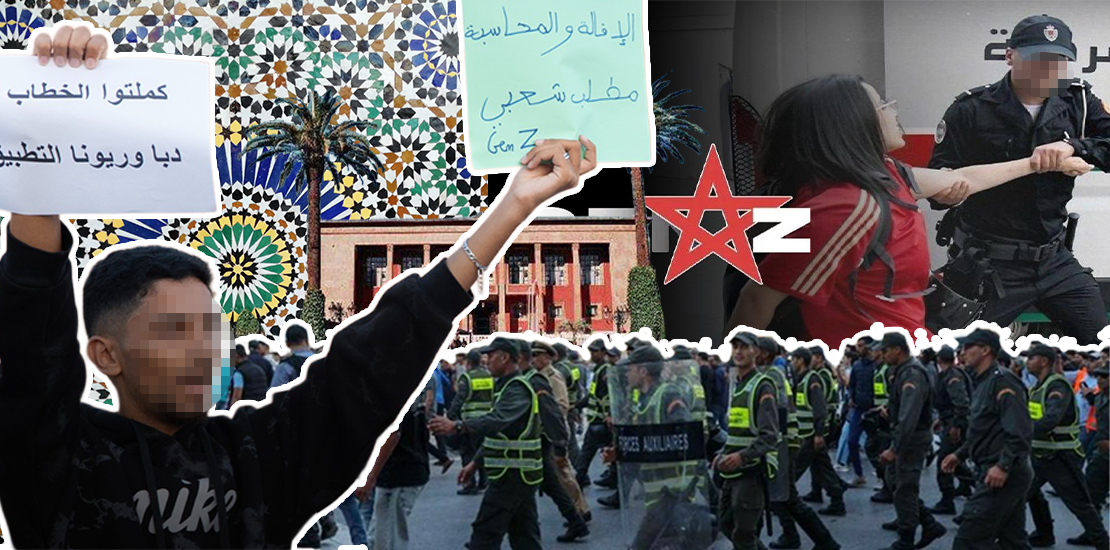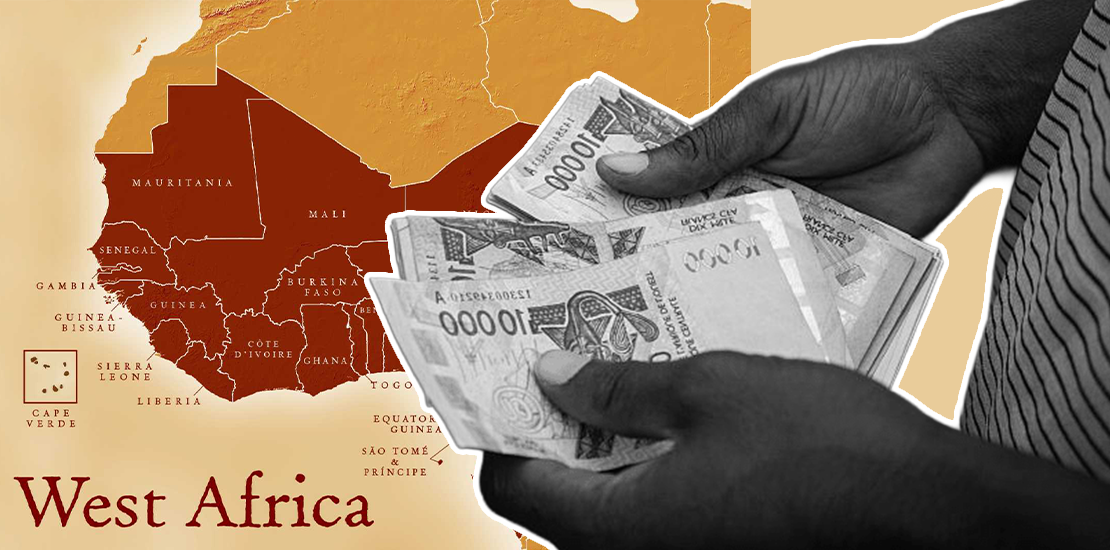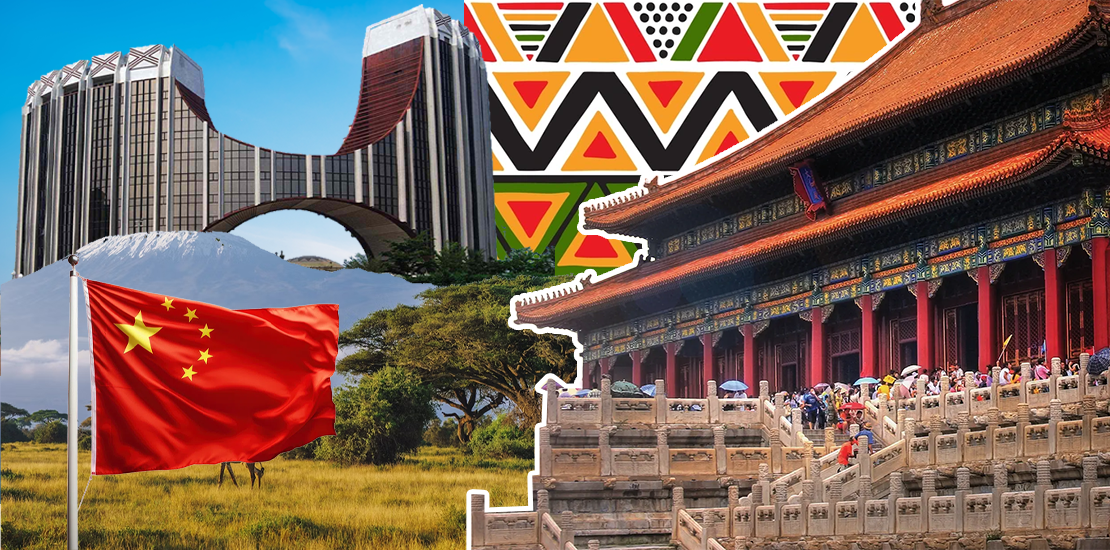Why, despite recent reforms, do major public worksites continue to be awarded to the same construction groups? In the course of the cases we have examined, one thing has become clear: public procurement remains structured around a core of players with a cumulative advantage (technical capabilities, cash flow, networks) that restricts effective competition. In a country where public investment remains a pillar of growth, this lock-in has a financial and institutional cost.
Recent cases illustrate this. In June 2025, the construction of Casablanca’s Grand Stade “Hassan II” (located in Benslimane) was awarded to the SGTM-TGCC consortium for 3.4 billion dirhams, following an international invitation to tender that attracted only one bidder. The absence of competition is not sufficient to establish an irregularity; it does, however, call into question the design of the specifications, the height of the eligibility thresholds and the brevity of the deadlines. Still in Casablanca, the rehabilitation of the Central Market went through a phase in which only one candidate (G3C) applied, only to be rejected: a further sign of lacklustre competition on symbolic projects.
And yet, the law has been modernized. Decree no. 2.22.431 of March 9, 2023 reorganizes public procurement around the principles of advertising, “equal access” and “choosing the most economically advantageous bid”. It generalizes dematerialization and provides for a Moroccan Public Procurement Observatory responsible for aggregating and publishing data. On paper, the architecture is solid; in practice, gaps remain, especially at local level where the quality of studies and files remains uneven.
In 2025, the General Inspectorate of Territorial Administration (IGAT) launched investigations into the preparation of calls for tender: erroneous financial estimates, unsuitable specifications, suspicions of collusion between elected representatives and consultancy firms. In the same year, a report criticized the Rabat-Salé-Kénitra Regional Council for awarding contracts worth some 375 million dirhams without competition. These findings, far from being isolated, point to a systemic risk of bypassing procedures to the benefit of a small number of operators.
The locking mechanisms are well known. On the one hand, disproportionate eligibility criteria (references, financial capacities, certifications) de facto exclude SMEs; excessively short deadlines discourage solid bids; overly broad allotment, or on the contrary artificial segmentation, limits real access. On the other hand, anti-competitive behavior, such as concerted bidding, tacit allocation of lots and “cover bids”, reduces competitive pressure. OECD studies estimate that bid rigging can increase the cost of public contracts by around 20%, resulting in additional budgetary costs, successive amendments and delays.
The political and economic context fuels these practices. The historical majors – SGTM, TGCC and a handful of roadworkers – combine legitimate industrial assets with decisive relational capital: high-level appointments, presence in circles of influence, recurrent public-private partnerships. In such an ecosystem, the “acceptability” of a bidder is built upstream, via joint ventures and consortiums that sometimes neutralize the actual confrontation of bids. Operator testimonies also point to subcontracting of convenience and the use of shell companies to circumvent the spirit of the SME access provisions.
Pressure from international donors (World Bank, ADB, European Union) is improving the formalism of procedures for co-financed projects. But final selection remains dependent on local experience and partnerships with a well-established national player, often resulting in the same winners being selected again and again. On the competition front, the dedicated authority stepped up its investigations in 2025 (unannounced visits, leniency program), a sign of its determination to tackle cartels and predatory practices in markets linked to public procurement.
The consequences go beyond the sector alone. Budgetary: less competition means higher prices and less discipline in execution. Industrial: innovative SMEs remain on the sidelines of major projects, depriving the economy of a knock-on effect on skilled employment and productivity. Institutional: the perception of a “closed system” erodes confidence. By 2023, Morocco had plateaued at 38/100 on the corruption perception index (97ᵉ out of 180), a signal that investors are scrutinizing.
What needs to be done? Three priorities stand out. First, the quality of the upstream phase: published needs analyses, realistic deadlines, criteria proportionate to the purpose of the contract, allotment favoring the entry of new players. Secondly, traceability and control: publication of evaluation reports, registers of amendments, ex-post audits of major contracts, effective and rapid remedies, dissuasive sanctions in the event of cartel or abusive eviction. Finally, openness: enforceable targets for SME access, ceilings on cumulative requirements, experimentation with adapted procedures (competitive dialogue, tranched contracts) and data transparency via the Observatory.
The Kingdom has equipped itself with the tools it needs; all that remains is for it to demonstrate, through repeated and visible decisions, that the rule takes precedence over the network. At this price, public procurement will cease to be a field of rents and will once again become a lever for competitiveness and transparency in the service of the general interest.











